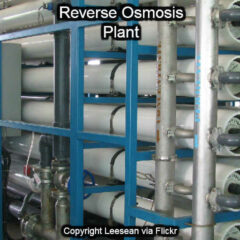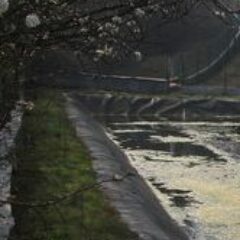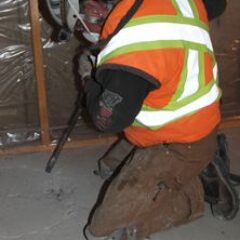high concentrations
Landfill Leachate Composition
Landfill leachate composition for United Kingdom Landfills was first published in the Waste Management Papers published by the UK Department of Environment. Waste Management Paper 26 contains the most recent table of Landfill Leachate Composition before the WMP series was superseded by later documents, notably the DoE’s Leachate Report of 1995. However, the original table, […]
Pumps and Impellers for Leachate Extraction and Leachate Pumping
Popular pump types used for leachate extraction and pumping systems is the submersible centrifugal (vortex) type pump, and in particular in the UK the FLYGHT pumps model range.
Wastewater Treatment in Wetlands: Contaminant Removal Processes
An Introduction to Wastewater Treatment in Wetlands Originally published by U.S. Department of Agriculture, Cooperative Extension Service, University of Florida Wastewater treatment in wetlands can be highly effective, [including for leachates]. Wetlands are commonly known as biological filters, providing protection for water resources such as lakes, estuaries and ground water. Although wetlands have always served this purpose, […]



